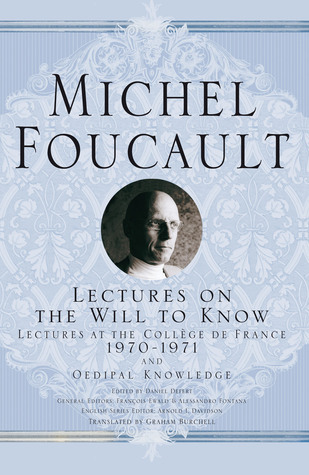

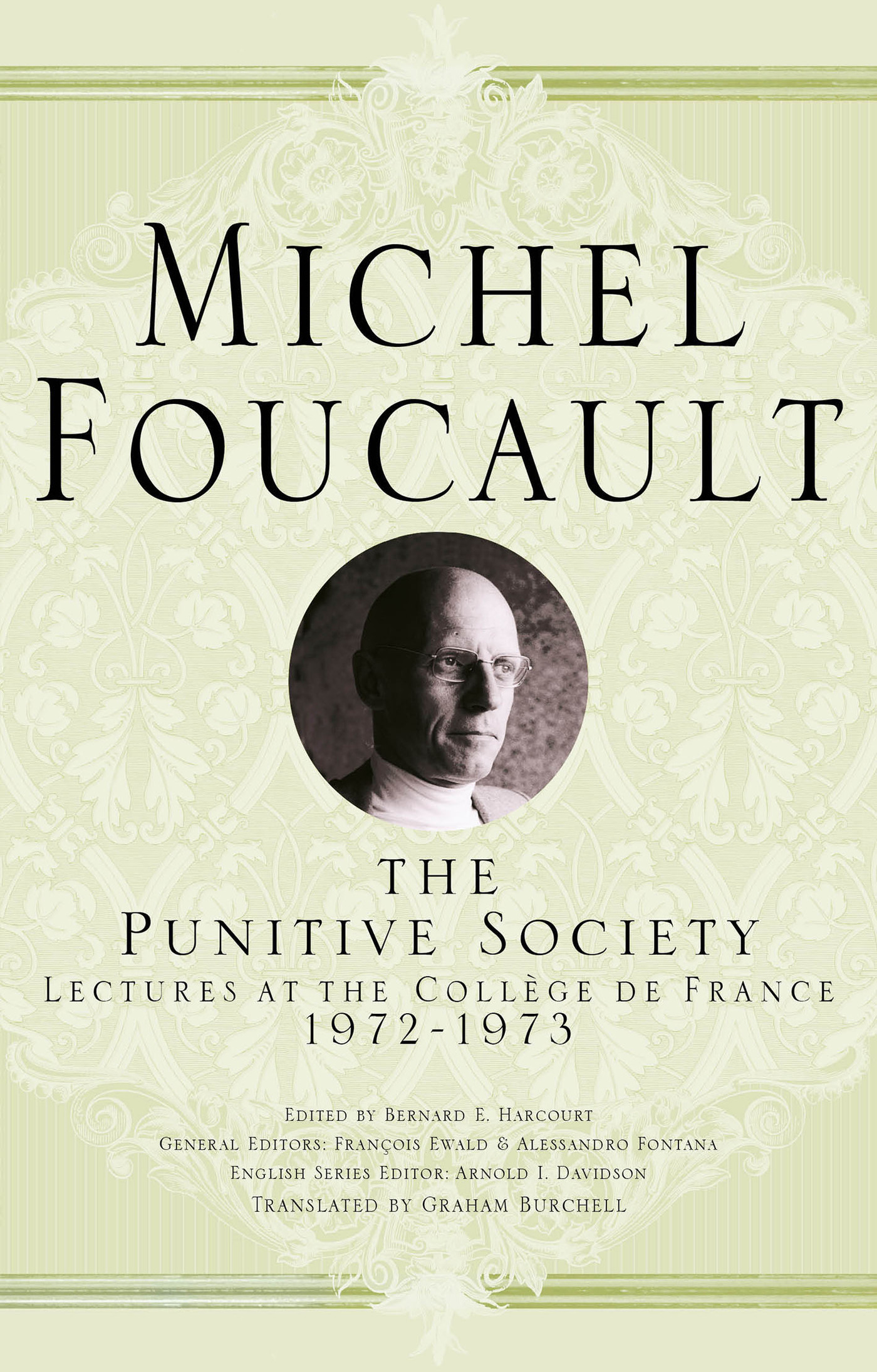
Books in series

Lectures on the Will to Know
Lectures at the Collège de France, 1970-1971, & Oedipal Knowledge
2014

Penal Theories and Institutions
Lectures at the Collège de France, 1971-1972
2015

The Punitive Society
Lectures at the Collège de France, 1972-1973
1973

Psychiatric Power
Lectures at the Collège de France, 1973-1974
2003

Abnormal
Lectures at the Collège de France, 1974-1975
1975

Society Must Be Defended
Lectures at the Collège de France, 1975-1976
1992

Security, Territory, Population
Lectures at the Collège de France, 1977-1978
2004
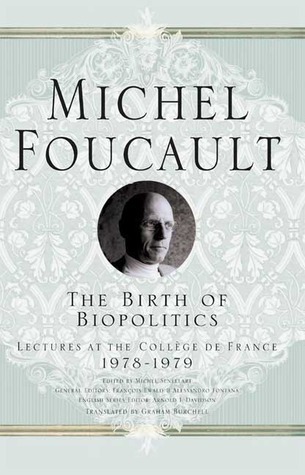
The Birth of Biopolitics
Lectures at the Collège de France, 1978-1979
2004
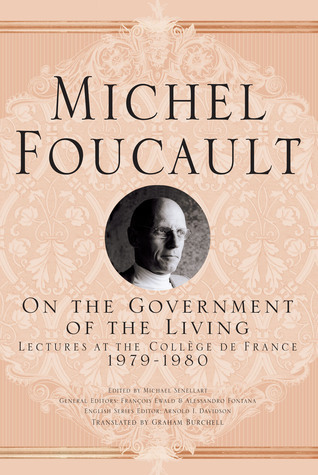
On the Government of the Living
Lectures at the Collège de France, 1979-1980
1980
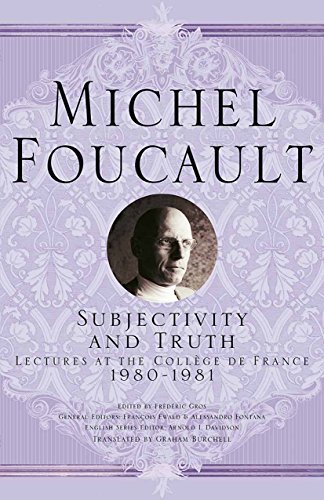
Subjectivity and Truth
Lectures at the Collège de France, 1980-1981
2014
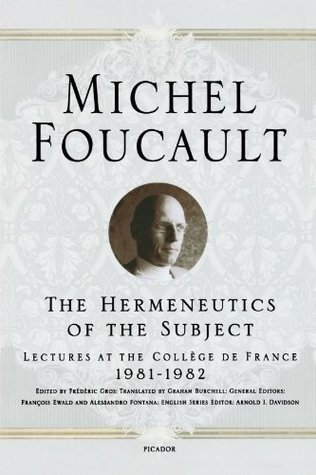
The Hermeneutics of the Subject
Lectures at the Collège de France, 1981-1982
2001
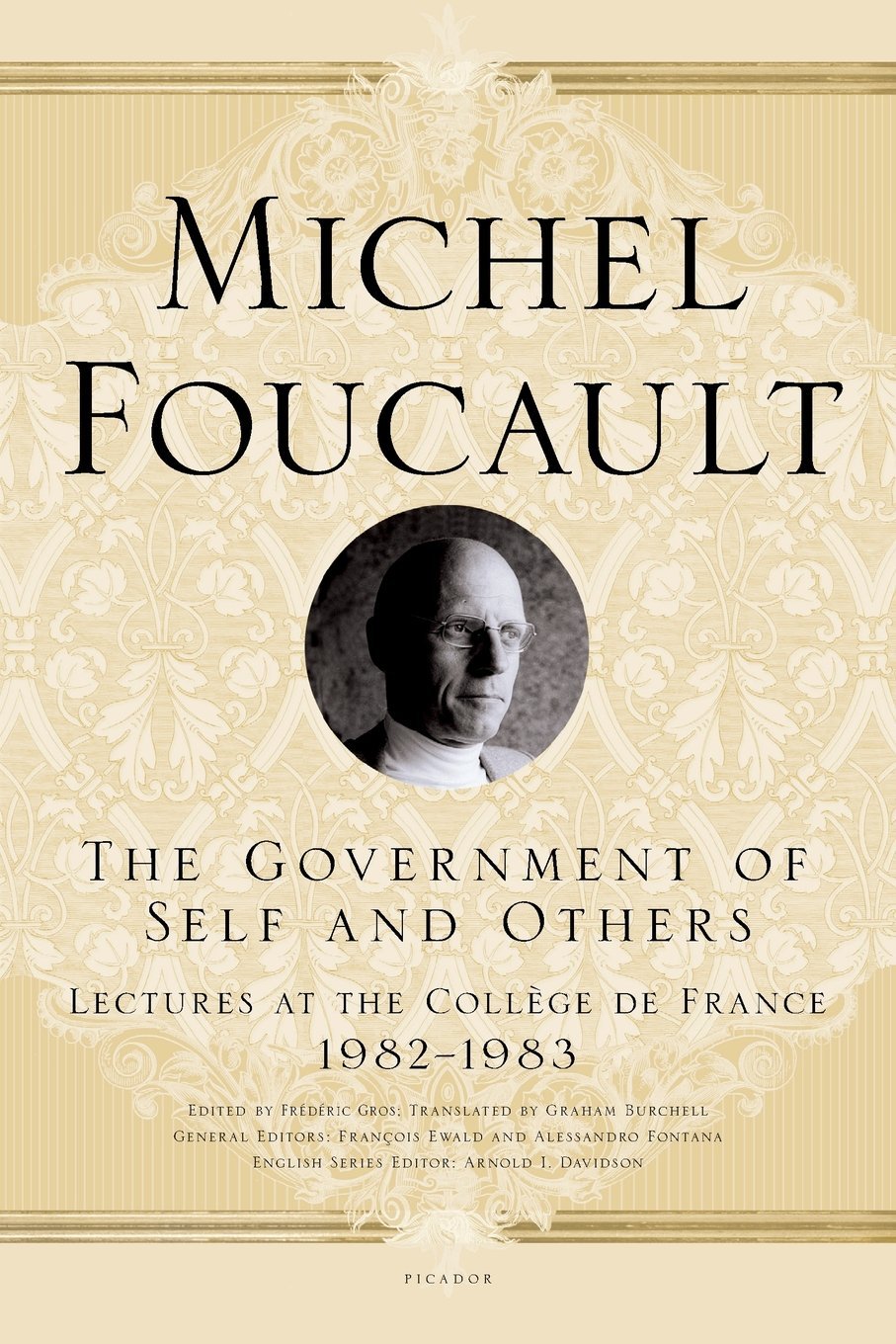
The Government of Self and Others
Lectures at the Collège de France, 1982-1983
2008
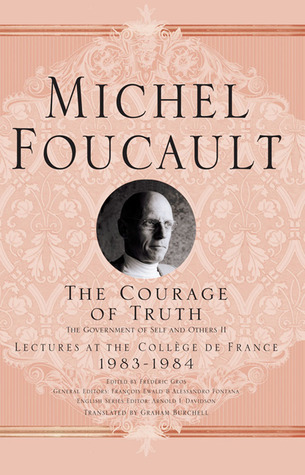
The Courage of Truth
Lectures at the Collège de France, 1983-1984
2009
Author

Michel Foucault was a French philosopher, social theorist and historian of ideas. He held a chair at the Collège de France with the title "History of Systems of Thought," but before he was Professor at University of Tunis, Tunisia, and then Professor at University Paris VIII. He lectured at several different Universities over the world as at the University at Buffalo, the University of California, Berkeley and University of São Paulo, University of Rio de Janeiro, Brazil. Foucault is best known for his critical studies of social institutions, most notably psychiatry, medicine, the human sciences and the prison system, as well as for his work on the history of human sexuality. His writings on power, knowledge, and discourse have been widely influential in academic circles. In the 1960s Foucault was associated with structuralism, a movement from which he distanced himself. Foucault also rejected the poststructuralist and postmodernist labels later attributed to him, preferring to classify his thought as a critical history of modernity rooted in Immanuel Kant. Foucault's project was particularly influenced by Nietzsche, his "genealogy of knowledge" being a direct allusion to Nietzsche's "genealogy of morality". In a late interview he definitively stated: "I am a Nietzschean." Foucault was listed as the most cited scholar in the humanities in 2007 by the ISI Web of Science.